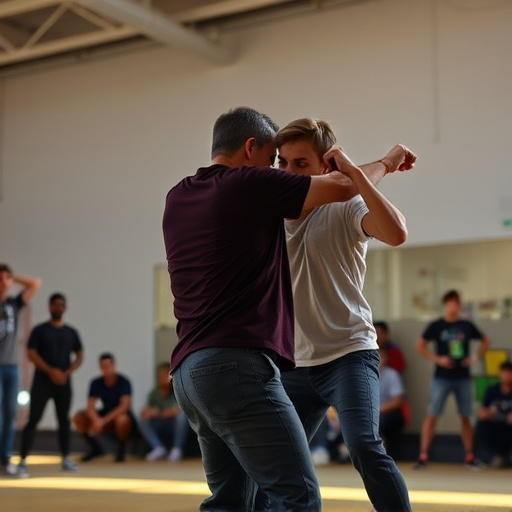College students facing new environments and increased personal responsibility should prioritize learning effective self-defense techniques. This section provides tailored strategies for campus safety, including risk assessment, awareness training, and practical moves. By equipping themselves with these skills, students can confidently navigate their surroundings, deter potential threats, and respond appropriately, fostering a sense of security during their academic journey. Practical training through workshops and classes, along with mental preparedness techniques, is key to enhancing safety on campus.
Understanding Self-Defense Basics for College Students
Creating a Safety Plan and Utilizing Campus Resources
Practical Training and Mental Preparedness Techniques
For college students considering self-defense, practical training is paramount. Going beyond theoretical knowledge, hands-on practice with various techniques allows individuals to react instinctively during unforeseen situations. Workshops and classes often incorporate realistic scenarios, teaching students how to defend against common attacks while promoting confidence in their abilities. This practical experience is invaluable for self-defense, ensuring that college students are equipped to handle potential threats effectively.
Complementing physical training, mental preparedness techniques play a crucial role in self-defense for college students. Mindfulness practices, stress management strategies, and scenario visualization exercises help individuals remain calm and focused under pressure. By preparing the mind as much as the body, students can make quick, rational decisions during dangerous encounters. These mental tools empower them to assess risks, formulate plans, and act assertively, ultimately enhancing their safety and well-being on campus.
